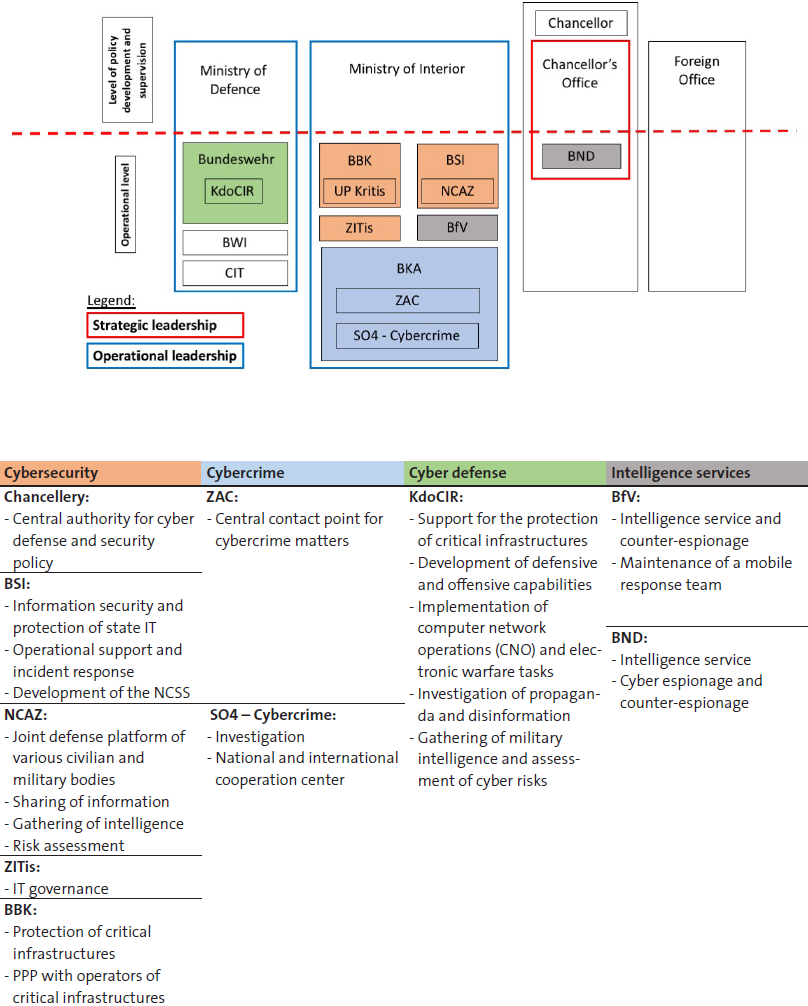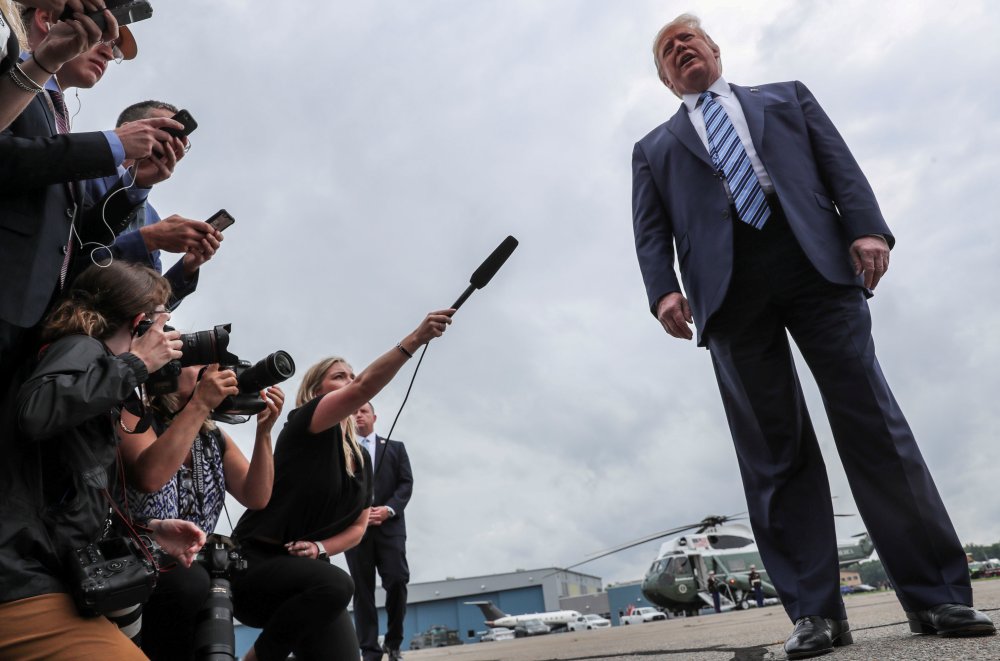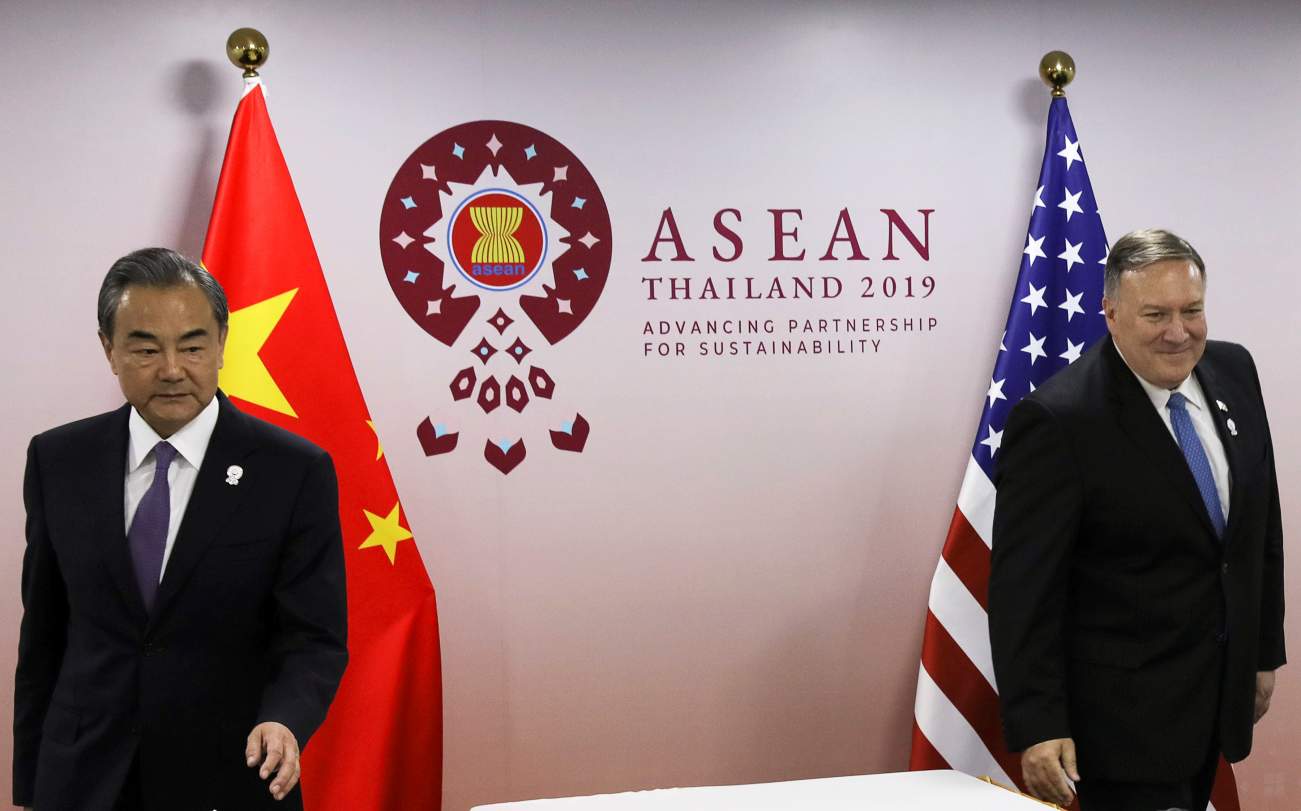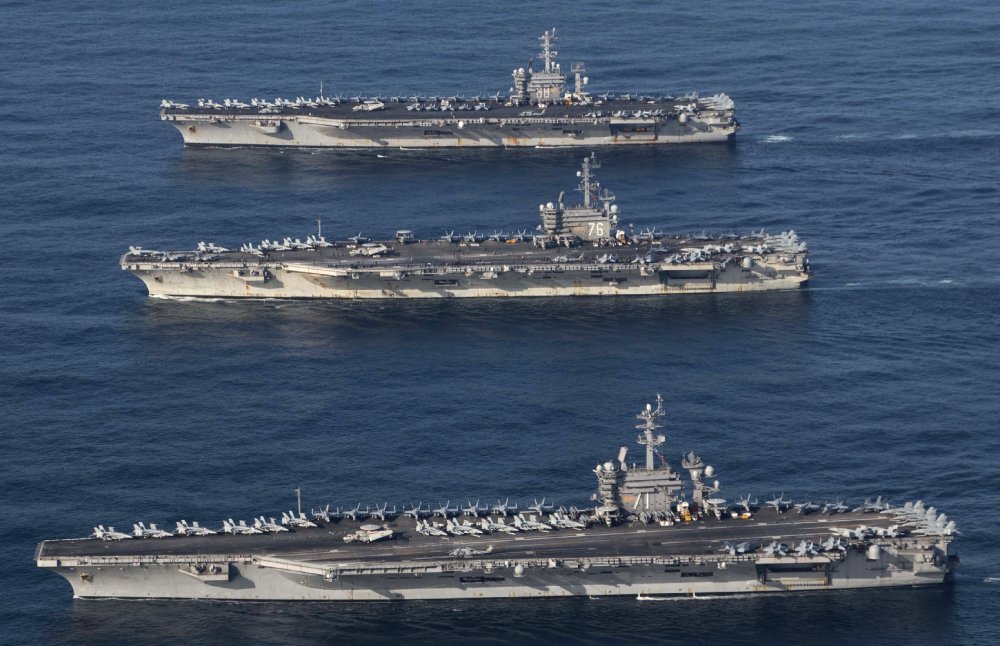By Geoff Hertenstein
Earlier this year, The Strategy Bridge asked university and professional military education students to participate in our third annual student writing contest by sending us their thoughts on strategy.
Now, we are pleased to present an essay selected for honorable mention by Geoff Hertenstein from the U.S. Marine Corps Command and Staff College.
Fear of great power parity creates panic among the strategy community that the United States is unable to respond to flashpoints of crisis across the globe, such as the Russian take over of Crimea or Chinese actions in the South China Sea.[1] Supposedly, American hesitancy rests on an inability to adequately strategize. To overcome this shortcoming, experts want the United States to be more like its opponents, adopting the teachings of Sun Tzu and winning wars before wars are fought via the use of diplomacy, intelligence collection, and economic power, thereby marginalizing the use of military force.[2] This insight means changing the calculus among these four instruments of national power, inviting disaster since one invites reconfiguring DIME without the “M” as DIE. In fact, the United States has put these elements into proper balance and sits firmly in the realm of strategic choice, where the country can choose its interventions when and where it wants to and on its own terms because it enjoys a preponderance of military force.
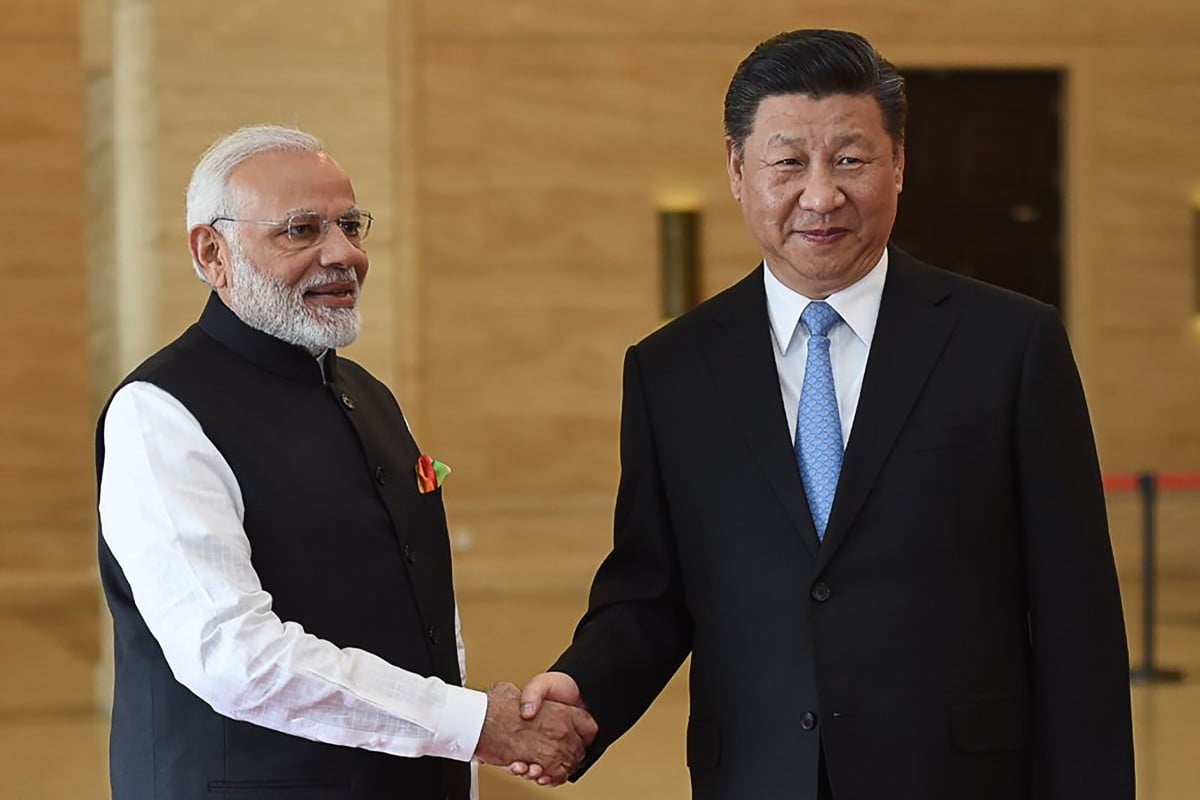
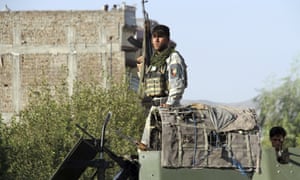





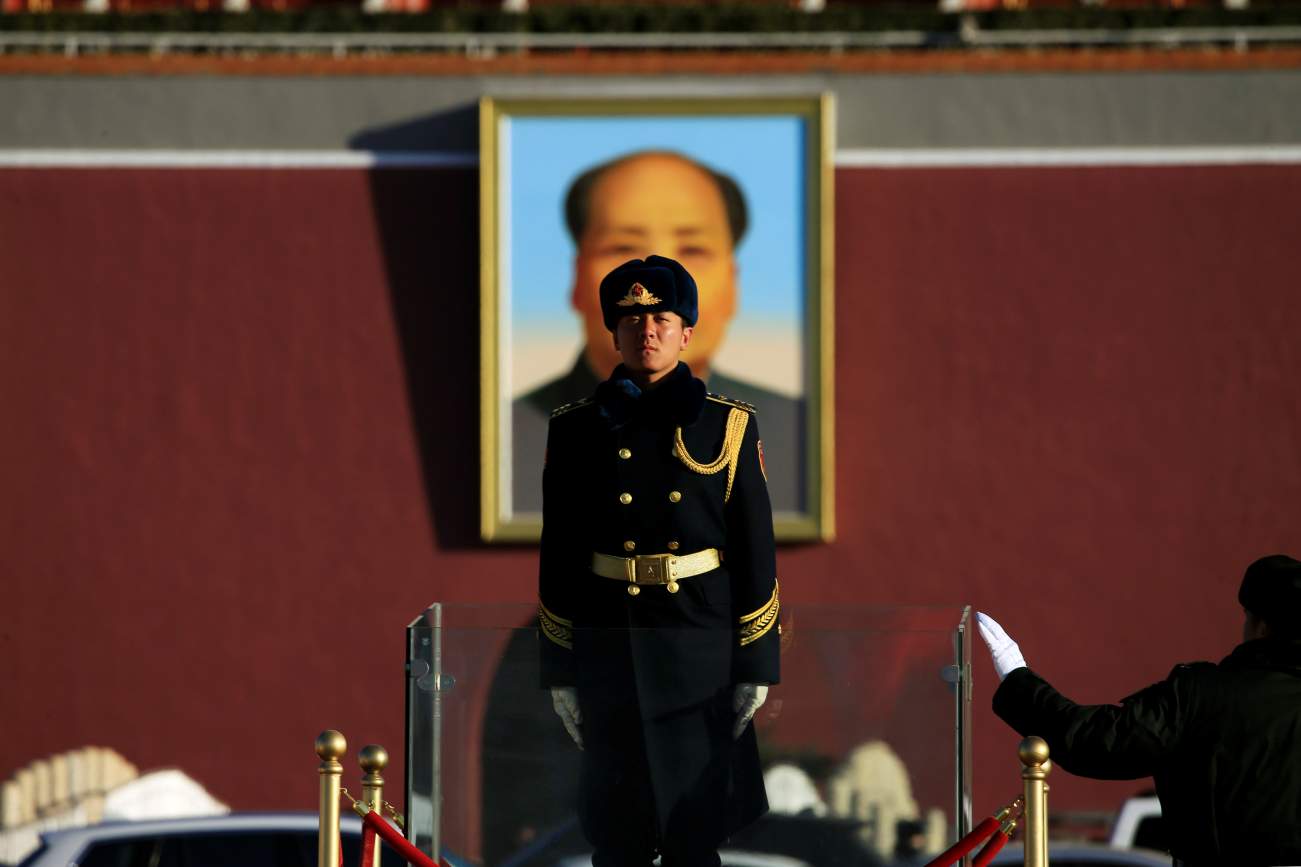
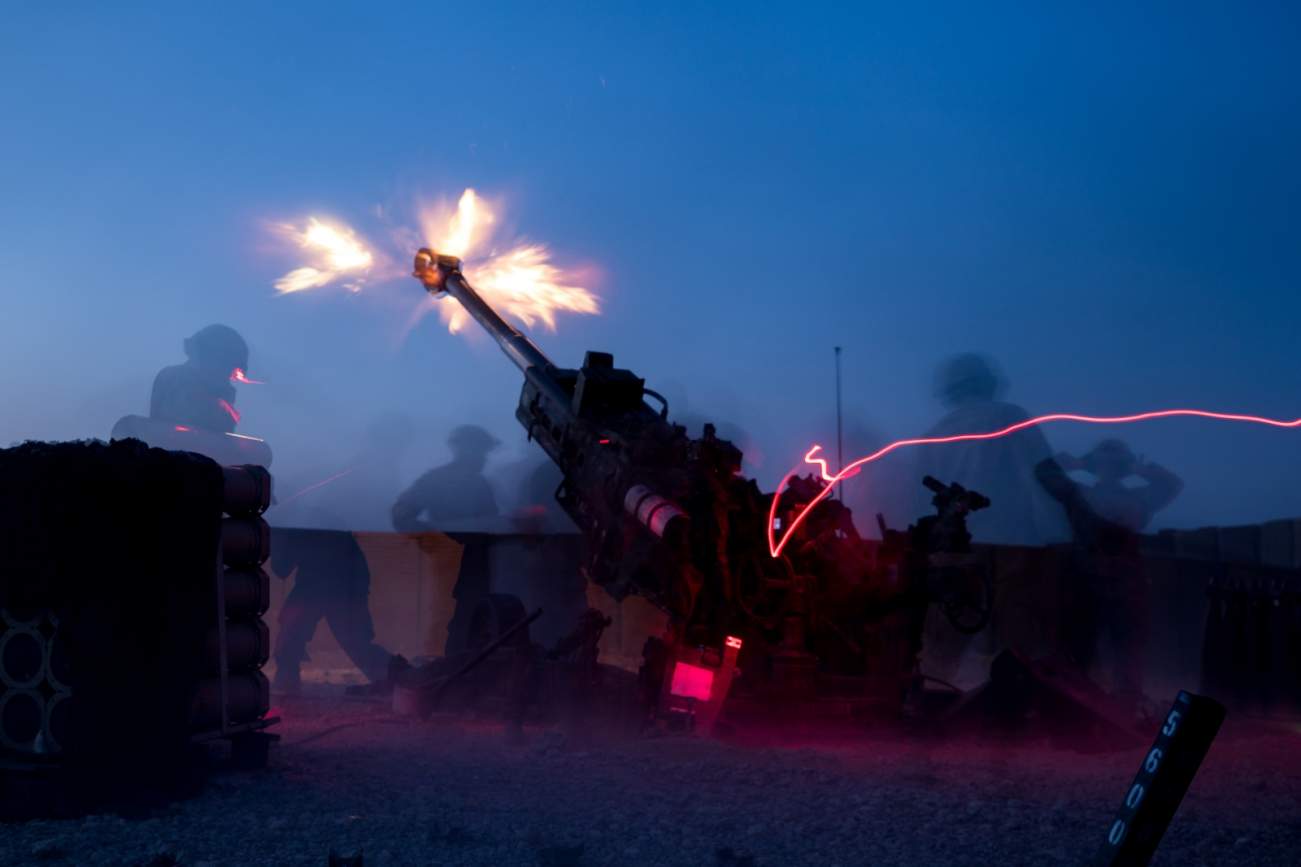
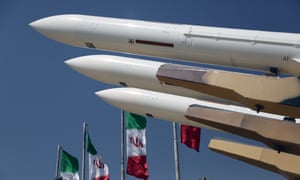





/cdn.vox-cdn.com/uploads/chorus_image/image/65295174/GettyImages_1169916874.0.jpg)
/arc-anglerfish-arc2-prod-mco.s3.amazonaws.com/public/ATSRMCSXRFEQ5MXRXAWNCPHWQQ.jpg)



